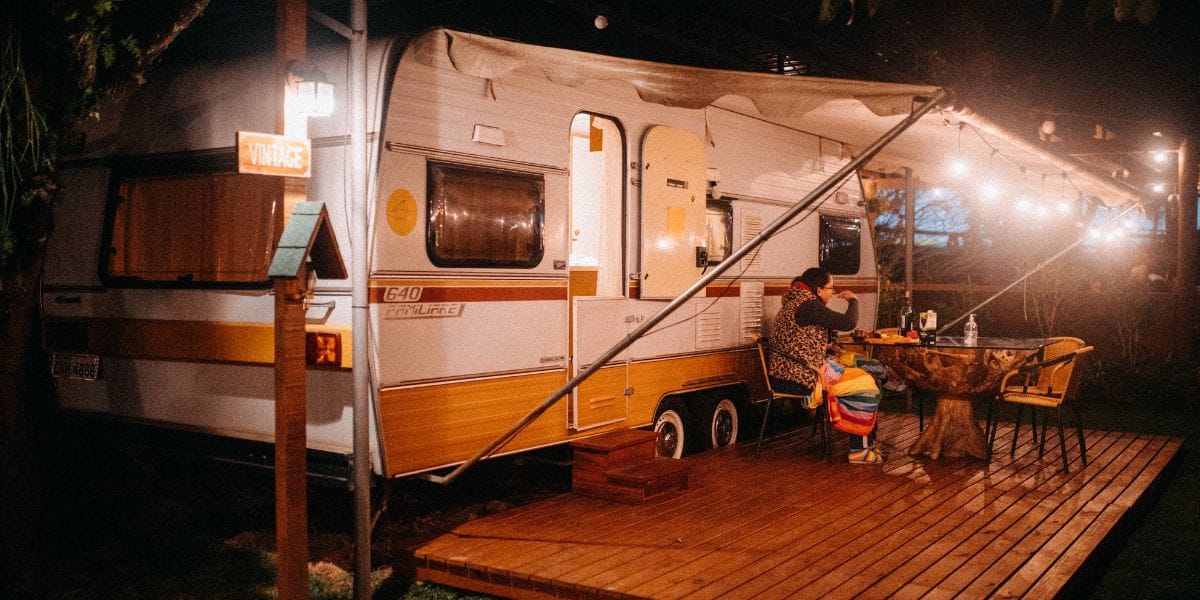Such a simple question, right? But not such a simple answer.
A generally accepted answer is you should spend no more than 30% of your monthly gross income on rent. From that, you could deduce 20% is a sweet spot, 25% is still okay, and 30% should be your upper limit. If you’re spending more than 30% and fall in the bottom 40% of households by income, you might be more at risk of experiencing rental or housing stress.
But there are plenty of things to consider, some of which we’ll explore below.
Why you might ignore the 30% rule
The 30% rule of thumb can be traced back to American housing price regulations from the 1980s.
The American government looked at the income that a household could devote to housing costs before the household is said to be “burdened.” They then capped public housing rents at 20 per cent, then 25 per cent, and then finally 30 per cent. So really, this rule was derived from what was, rather than what should be, and it ballooned from there. The problem is, this grand, sweeping average ignores the vast differences in peoples’ financial situations, not to mention the disparity generally between life in the 1980s and life now.
It doesn’t take into account the big picture.
Once you take into account expenses such as taxes, student loans, and retirement savings, well, you’re not left with a whole lot to cover items such as food, utilities, transport, entertainment, savings, child care, or any debts you’ve got to cover. Not to mention all the other things which pop up because life is messy. What about medical bills? What about a new laptop because your backpack broke and yours fell into a puddle?
It makes no sense if you’re earning a lot.
For real. Let’s say you’re a single person earning $150,000. You probably don’t need to spend almost $2,600 a month on rent. You could if you wanted to. But that doesn’t mean you should.
It doesn’t take into account personal needs and values.
It might be more important to young professionals with active social lives to live closer to the city, while for young families it might be more important to live somewhere they can have a garden, and be close to good schools. Some people might be happy to share a room with another person to live closer to the city. Other people be okay with sharing an apartment or house, but not a room. For other people again, it might be of the utmost importance to have their own space. Considering where to live necessarily involves taking all these factors into account, and balancing them against what you need and want, as well as your other expenses.
Of course, you should live within your means, and your financial health is important. But money in the bank isn’t the only indicator of a good life.
If not the 30% rule, then what?
Here are some other suggestions:
- Spend no more than 30% of your income on housing expenses in their entirety. That means on rent and bills/utilities and insurance needs.
- Ensure housing, food, and transportation are taken up by no more than 55-60% of your budget. That being said, you can borrow from your other categories. If you walk everywhere and spend very little on transportation, or shop at local markets and save on your groceries, you could budget that extra cost for rent too.
How can I pay less rent?
- We’ll start with the most obvious one. Get a housemate.
- Negotiate. If you’re signing a new lease, the landlord might agree to a slightly cheaper rate if you sign a longer lease. It’s always worth asking. Alternatively, you can try to negotiate when it comes to re-signing your lease. Landlords like good tenants. Finding new tenants is a hassle and always comes with an element of risk. You could look up similar prices nearby, and try to negotiate. You might be more likely to be successful with independent owners than property management companies.
- Pay upfront. Owners will sometimes take a slight discount if you pay a chunk upfront. Only do this if you have the cash on hand though. It’s not worth getting into credit card debt.
- Give up your parking spot. Does your apartment come with a parking spot? If you don’t need it, consider asking for a discount on rent if you give it up or maybe look into whether or not you can rent it out independently.



